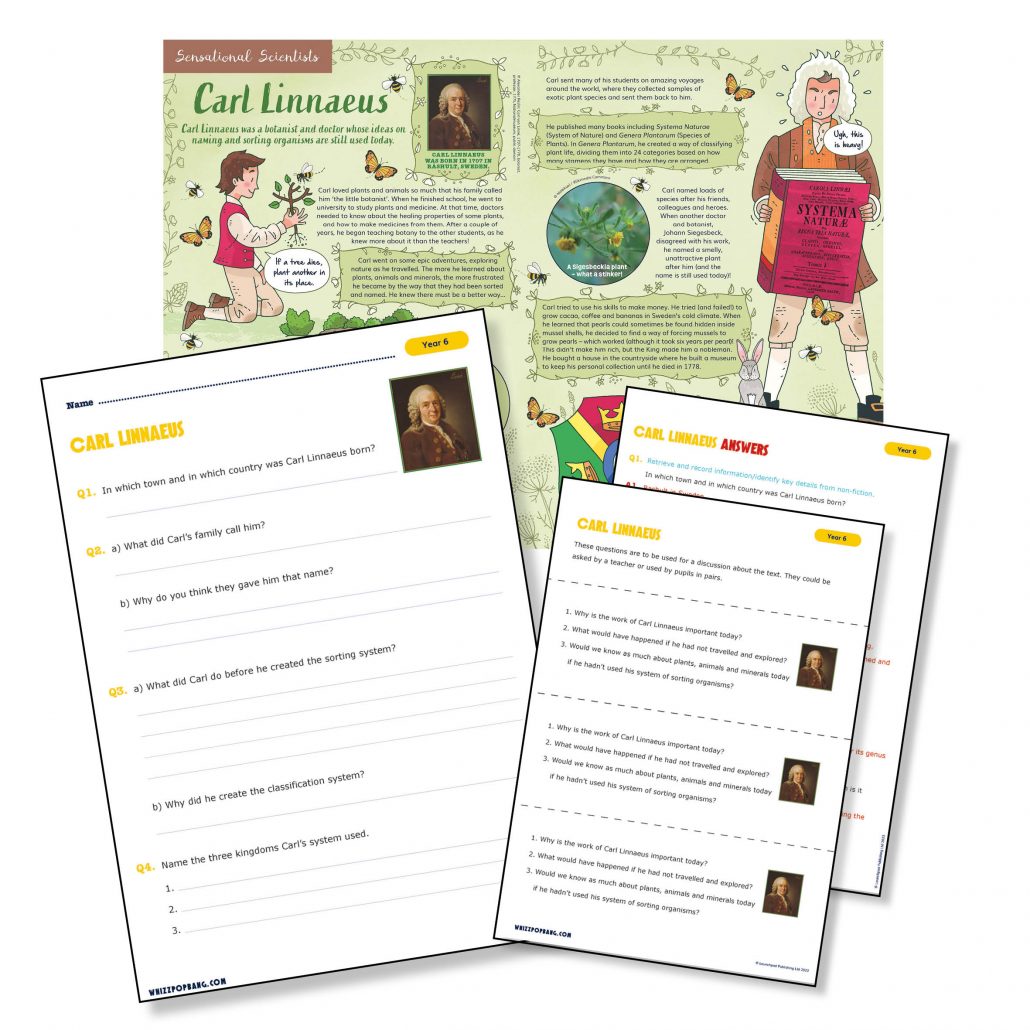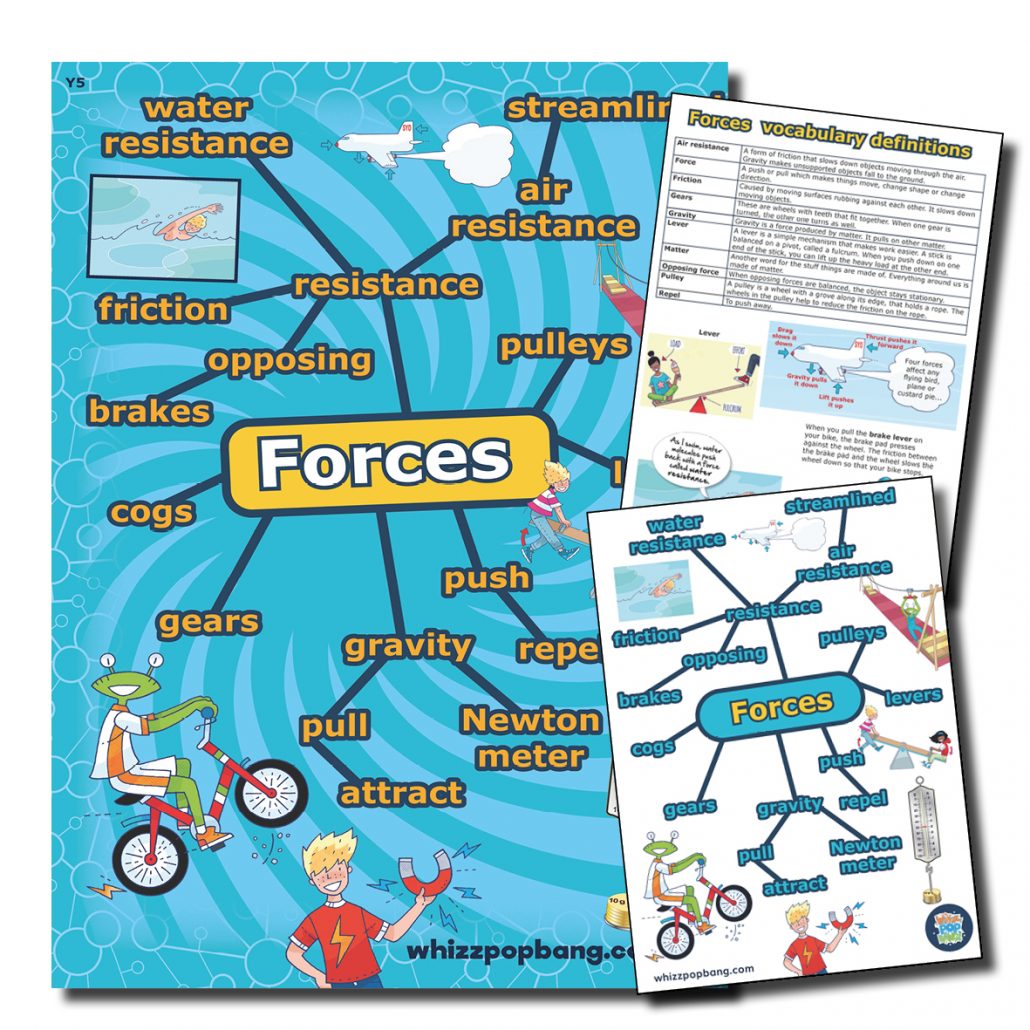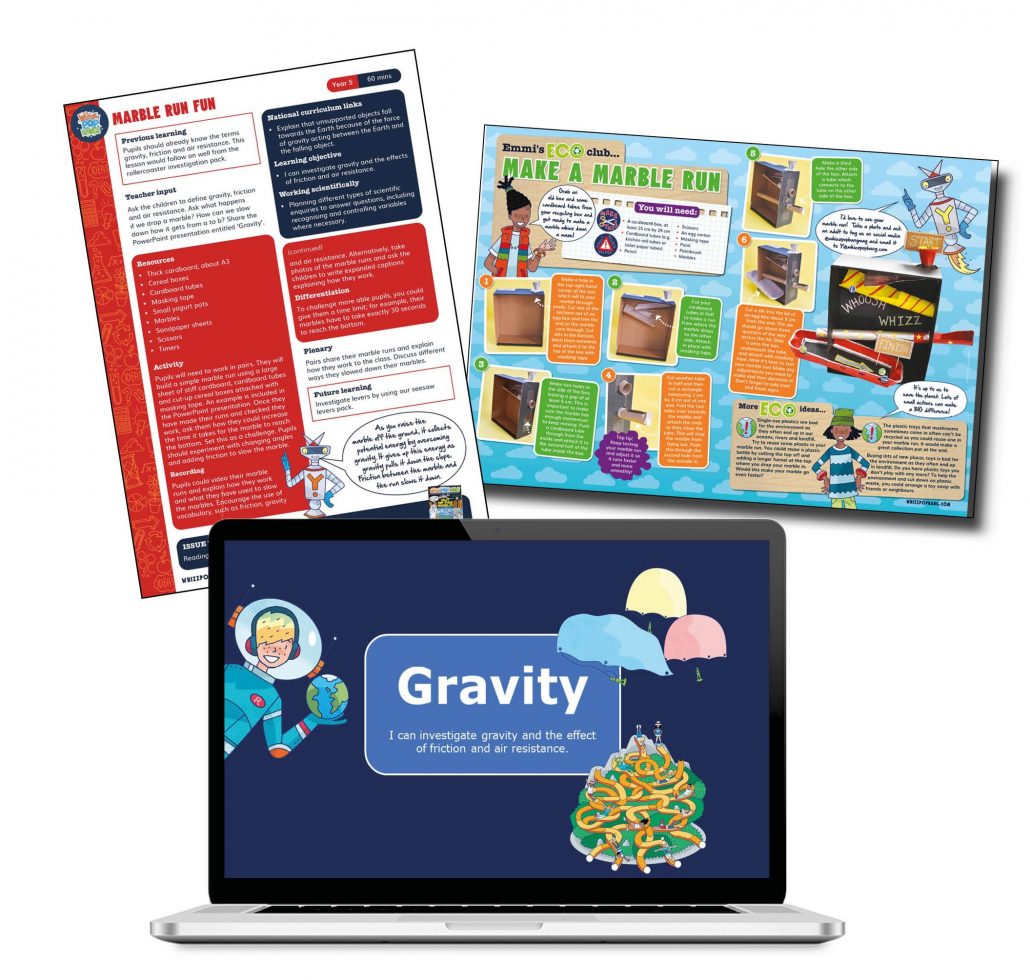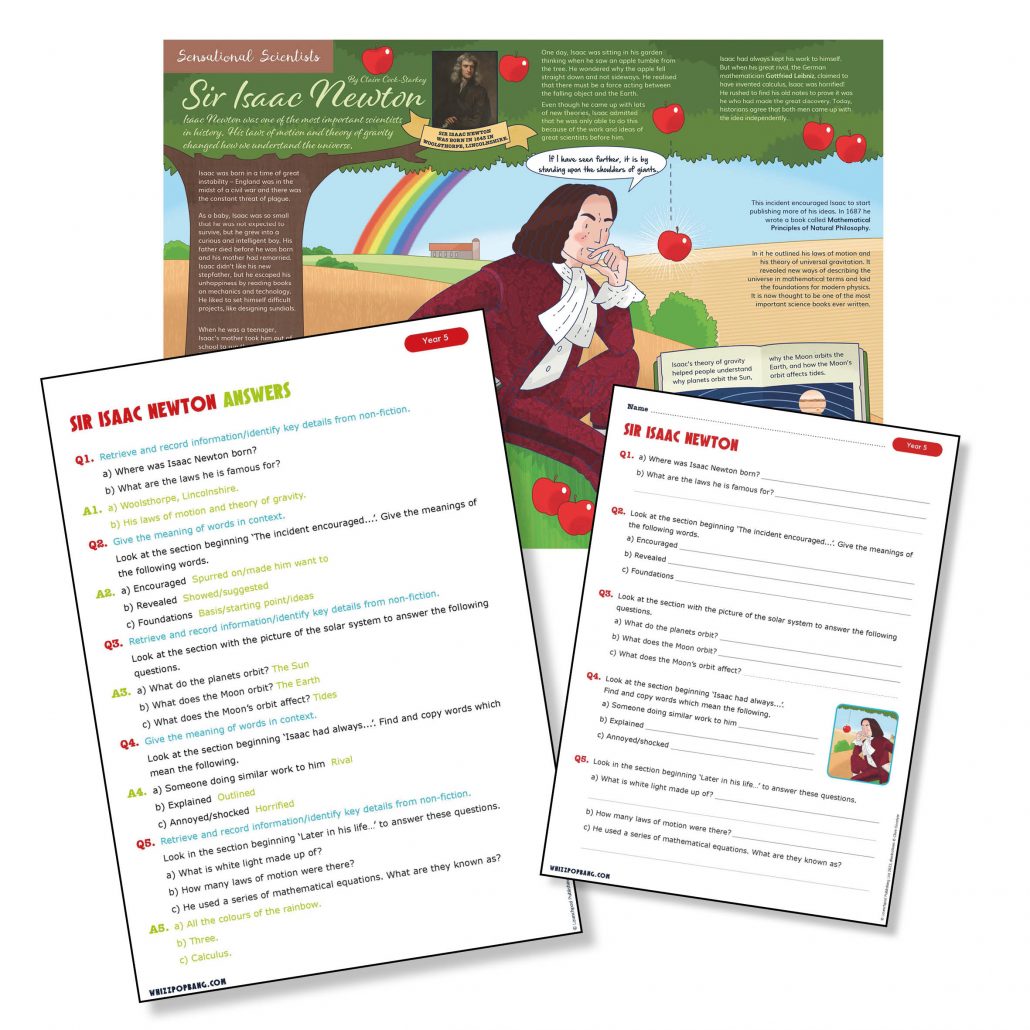Are you looking for planning resources to teach forces in Year 5? Here’s how you can use our new downloadable marble run resource to create a memorable lesson that produces the sticky knowledge Ofsted will be looking for…
Where to start?
It’s hard to teach about forces as children can’t easily see what is happening. Before they start investigating and experimenting, it’s important they are armed with the knowledge and vocabulary they need through watching video clips or reading suitable materials, as stated by Ofsted. Once they have this scientific understanding, it’s so important that pupils still have practical hands-on lessons so they can spot what is happening. Our knowledge organiser is a great aid to help them use the correct terminology in practical lessons.
How should they investigate forces?
Our marble run lesson pack gets children to experiment with slowing down marbles in a marble run by changing the angles and adding friction. Pupils will learn a lot by investigating and applying the knowledge they have already acquired about gravity, friction and air resistance. Pupils will be learning the most when they are altering their marble runs and experimenting with trial and error. During this time, stop groups and ask them questions, encouraging them to use scientific vocabulary in their answers. Verbalising what they are seeing and doing will help to produce sticky knowledge.
How should the lesson be recorded?
Should pupils record every step of a practical lesson? In my experience, no, as this kills the enjoyment and does not reflect what they have learned. However, there are benefits to revising learning to help the knowledge stick. Revisiting the lesson the next day is beneficial. If you need evidence in their books for a looming book scrutiny, then take a photo and ask them to annotate it with expanded captions, explaining what happens to the marble at each point of the run. Or if you don’t need written evidence, get them to video their run and then narrate what is happening over the top.
Guided reading
To help consolidate pupils’ learning, why not introduce some forces-themed reading into your English sessions? Download our fascinating reading comprehension on Sir Isaac Newton; his laws of motion and his theory of gravity changed how we see the universe.
Whizz Pop Bang magazine and teaching resources are brilliant ways to enhance your school’s science teaching:
- We provide downloadable science lesson plans, PowerPoint presentations, hands-on investigations and science reading comprehensions written by primary school teachers.
- Whizz Pop Bang teaching resources link to the National Curriculum, ensuring correct coverage.
- All of our resources are year group specific, ensuring progression between the years.
- We make cross-curricular links to other subjects, such as English, Maths, History, Geography, Art, Design and Technology and PSHE.
Prices from as little as £190 per year for a copy of Whizz Pop Bang magazine through the post each month and whole-school access to our ever-growing library of downloadable teaching resources, with unlimited teacher logins.
We’ve also have an individual membership option so teachers and home educators can access all of our amazing downloadable resources for just £20 for the whole year.




